By: Robert J. Shanahan, Jr. Esq.

Much has been said about the use of mediation as a tool to avoid long and costly trials in civil litigation over the past two decades. It has been proven as a useful tool in settling business and family law disputes, and even most small claims cases in our courtrooms. In the area of family law, xmediation has morphed into a larger movement, known as “Collaborative Law”, where lawyers work with other professionals to mediate property settlement, child custody and other difficult issues outside of court.
WHAT IS MEDIATION?
Mediation, as opposed to arbitration, is a process where the parties meet with a mediator who assists in reaching a settlement acceptable to all. The mediator will meet with the parties together and individually to identify issues and possible solutions. Once an agreement is reached, it is placed in writing and can be enforced by a court if breached. The process is much shorter, much less expensive, and in my opinion, much more humane.
In family law, mediation has been particularly useful. The insensitive, long litigation process and courtroom drama can do serious damage to family relationships and dynamics, particularly if there are young children. After several years of expensive and emotionally upsetting proceedings, litigation usually ends any possibility of the parties working together cooperatively when facing future issues such as raising the children. Litigation fans the fires of resentment, which usually fuels continuing, post-divorce proceedings, over a myriad of problems because the parties still carry the wounds caused by past adversarial proceedings and cannot work together. Looking at the family law system as it is run today, this writer believes it to be inhumane and destructive to the well-being of the individuals involved, including the children.
WHY MEDIATION MIGHT BE A GOOD OPTION
I have experienced a similar problem in my field of practice: elder law and probate. A week does not go by when I am asked to assist in a family dispute over the care of a parent. This can take the form of an intense disagreement among siblings, accusations of theft, fraud, abuse and the like. Sometimes Powers of Attorney are questioned and otherwise unnecessary guardianship proceedings are brought to court. Accusations also flare against sibling executors who may be misappropriating estate assets or failing to act in a responsible manner. Courtroom challenges and expensive auditing may be required, followed by litigation which brings out the accusations in slow, painful detail. Similar feelings of resentment and the wounding of family members occurs, often leaving the family broken and not on speaking terms. They can no longer work out future problems and must resort to further litigation down the road. The courts are not able to meet the emotional needs of the litigants before them. The courts decide issues when the parties cannot. Mediation would be a better tool.
As in divorce proceedings, the issues which arise in elder law and probate involve complicated family relationships which the court system does not and cannot consider. Mediation can. A mediator can listen to all of the “irrelevant” issues which matter much to family dynamics and use them to help craft an acceptable resolution. Because the parties are able to work on these issues together, some form of mutual respect is likely to be preserved. Issues developing in later years are likely to be resolved amicably because the parties know that they can talk to each other and work matters out. If they need help, they know a good mediator and the family relationships can be preserved.
Attorneys should not be quick to file litigation when the issues involve families. This is why I, and the other attorneys at Law Offices of Robert J. Shanahan, Jr., will explore the use of mediation to resolve your family issues in divorce, child custody, elder care, probate and business, prior to using the “nuclear option” and filing in court.
© Law Offices of Robert J. Shanahan, Jr., LLC 2014
BE ADVISED that these comments are not legal opinions and are not to be relied upon as legal advice. If you need legal advice, contact your county bar association; most of which have referral services.


